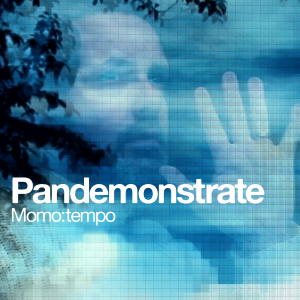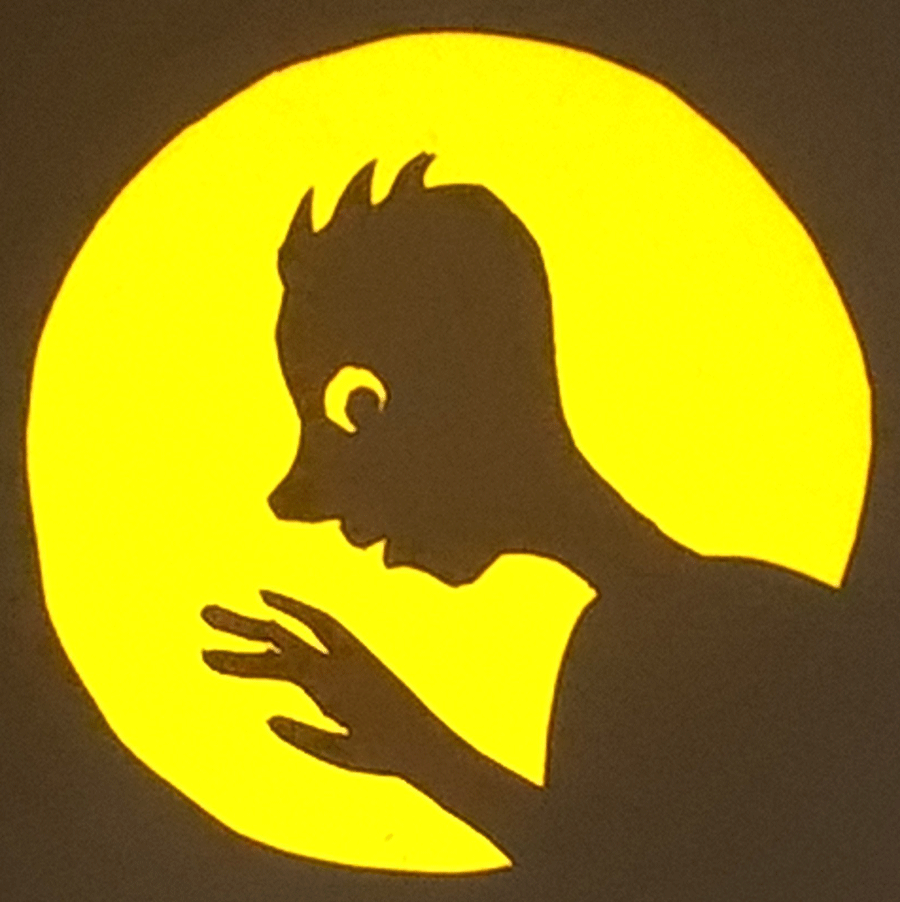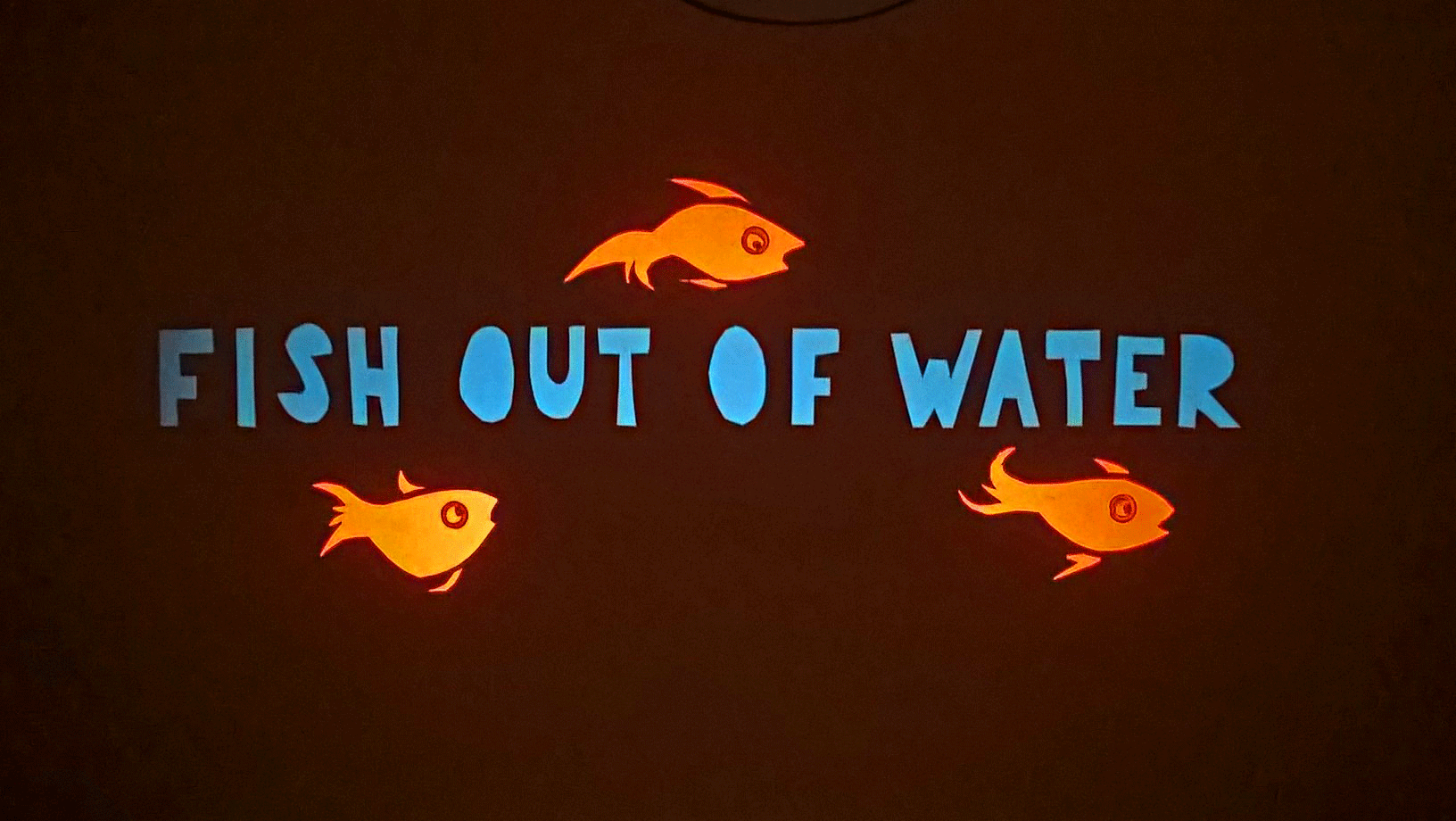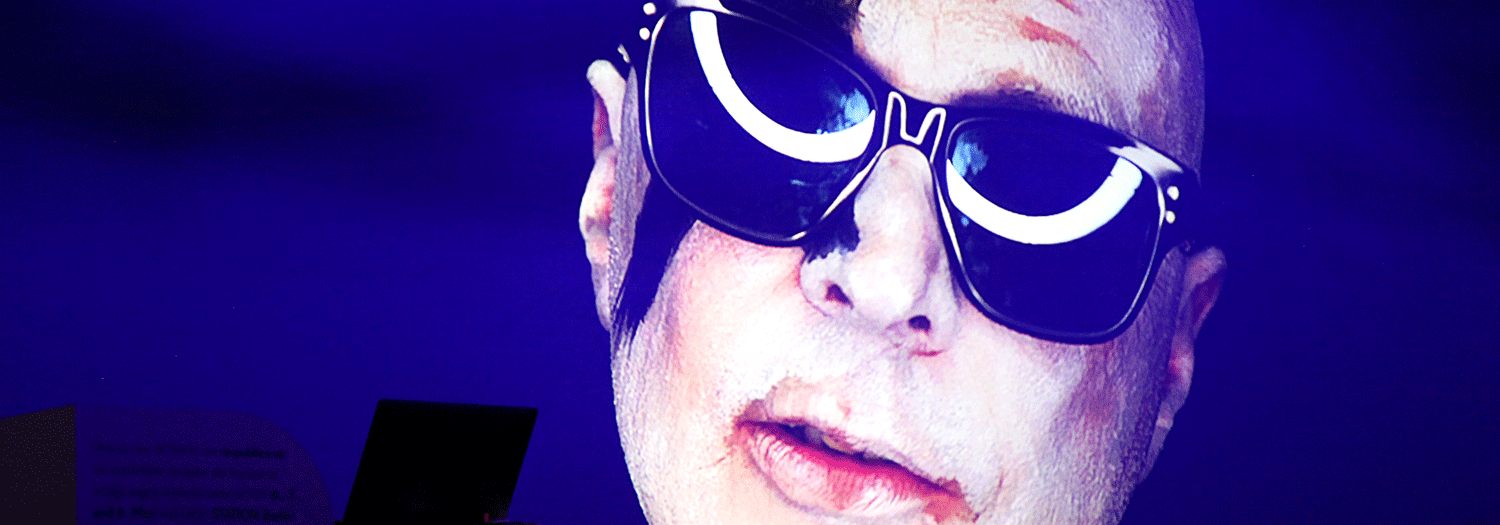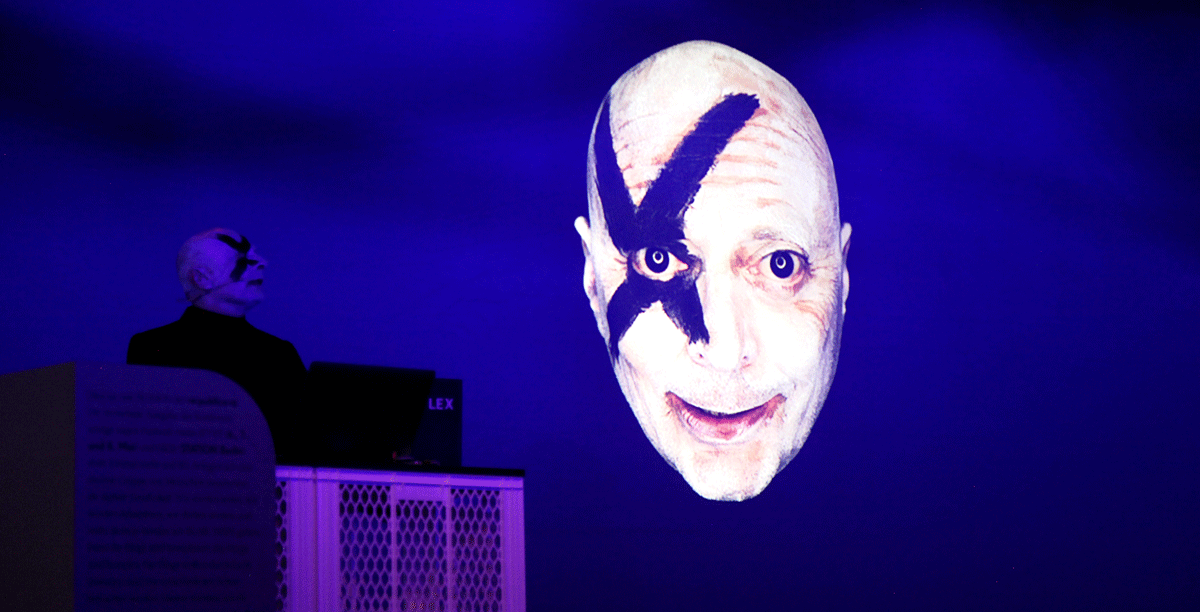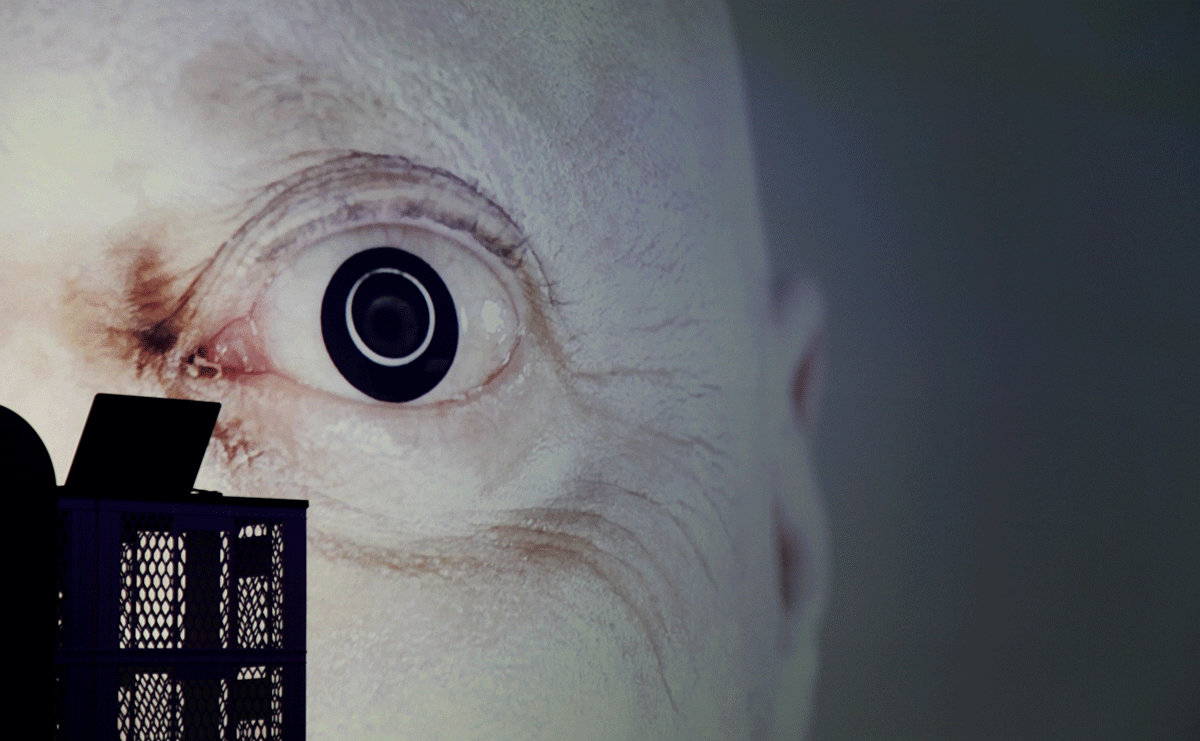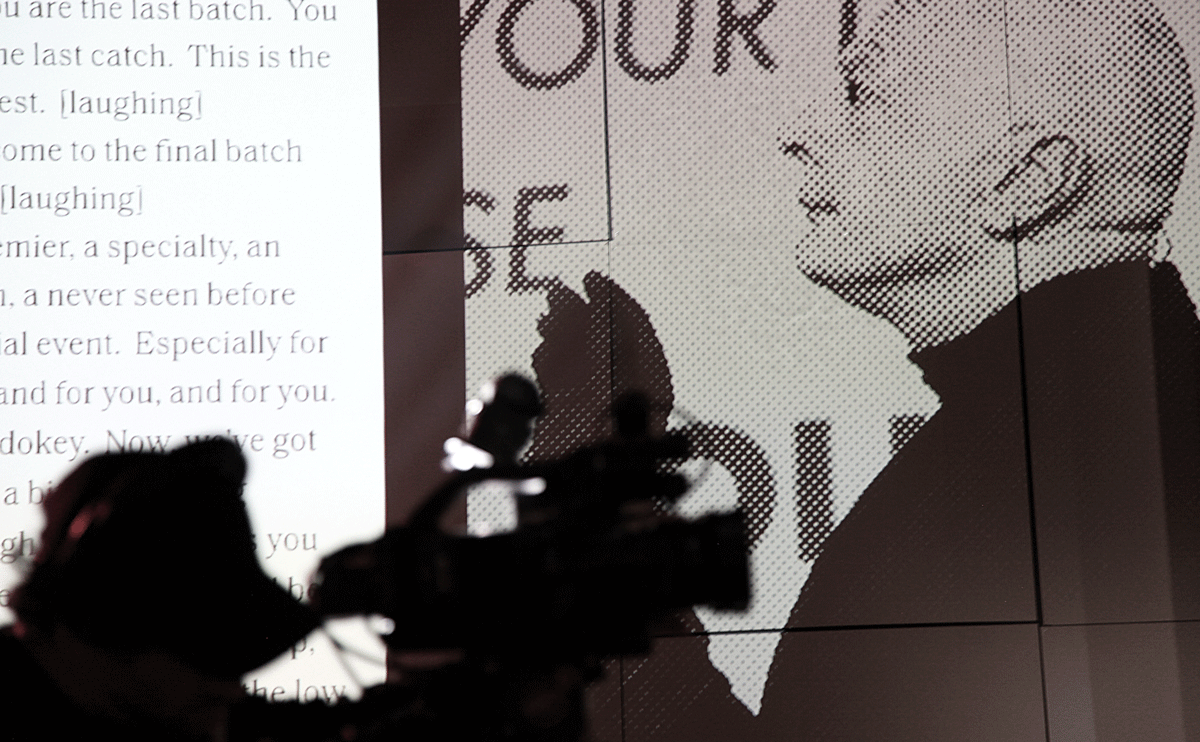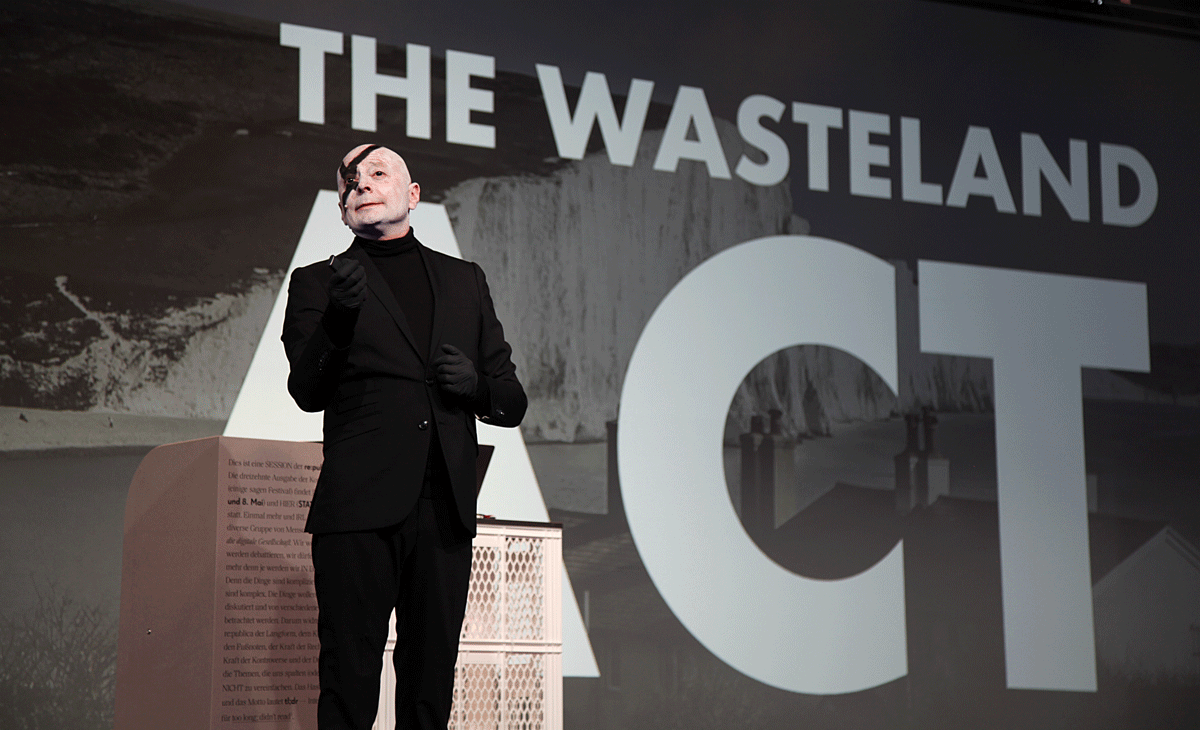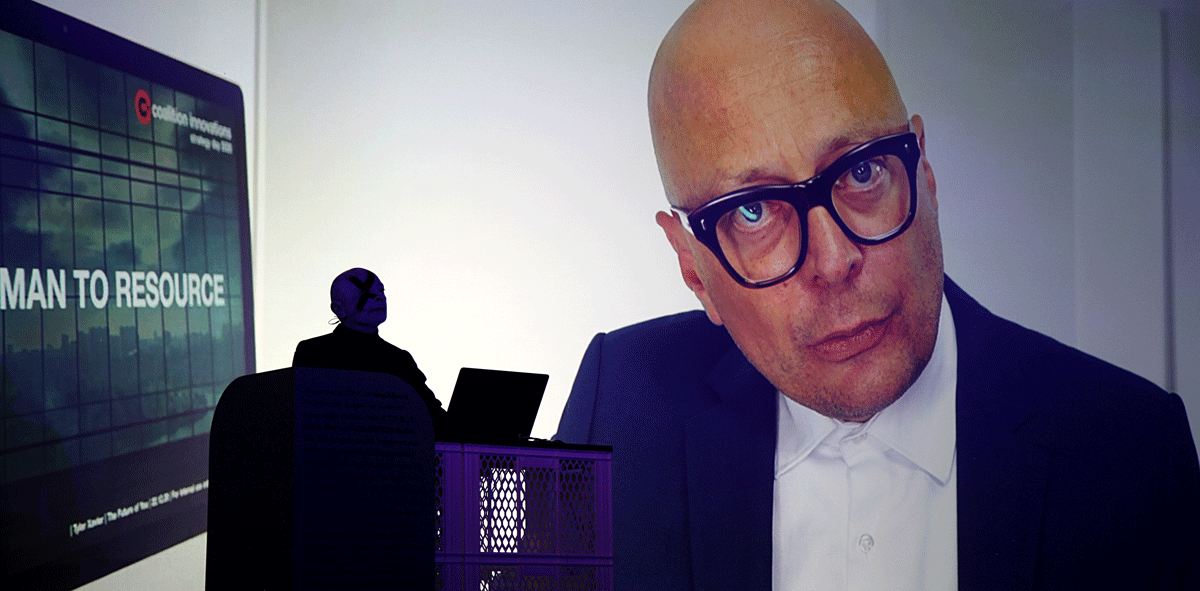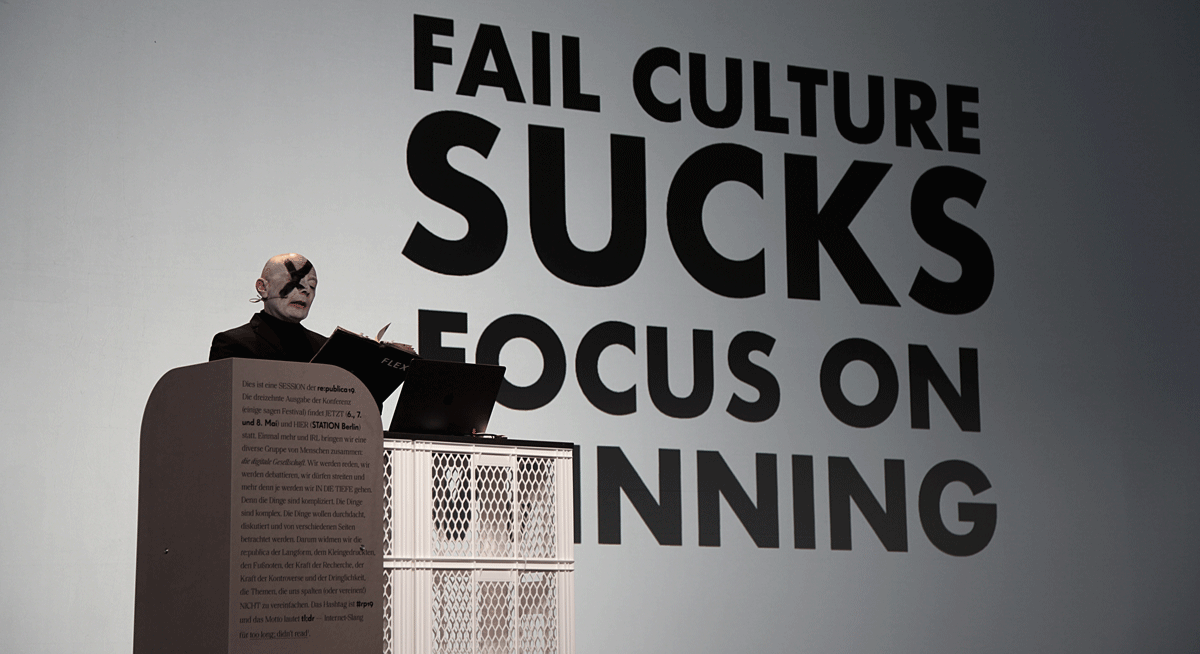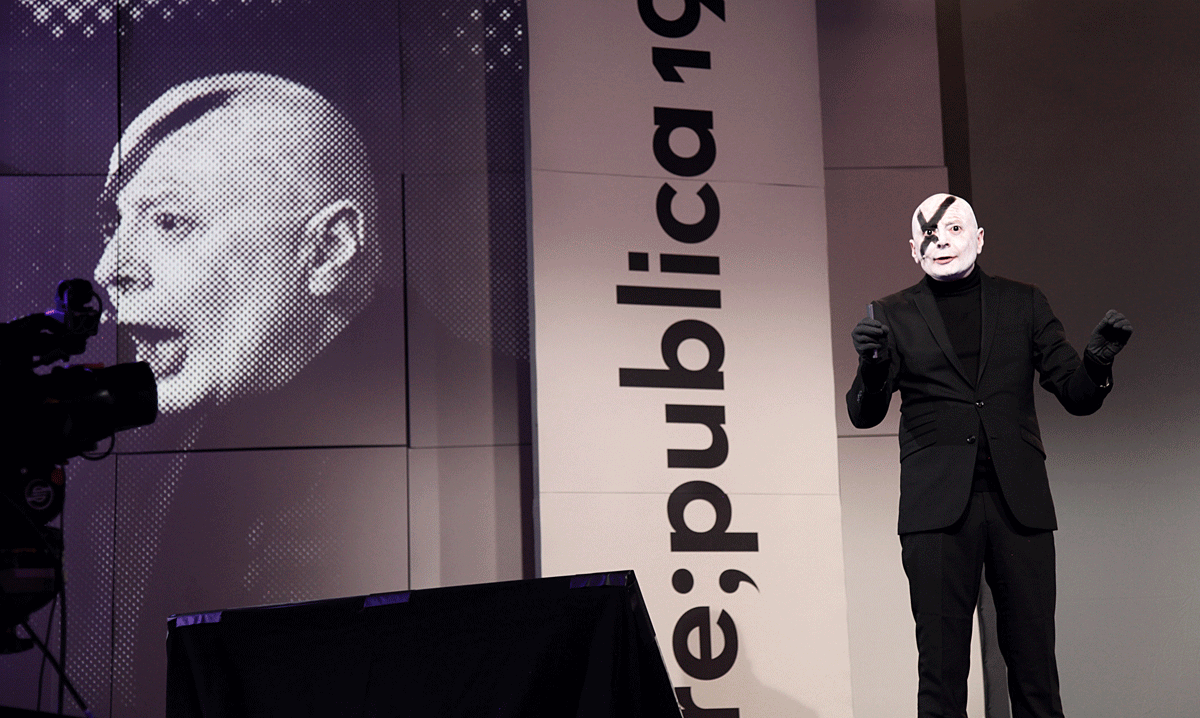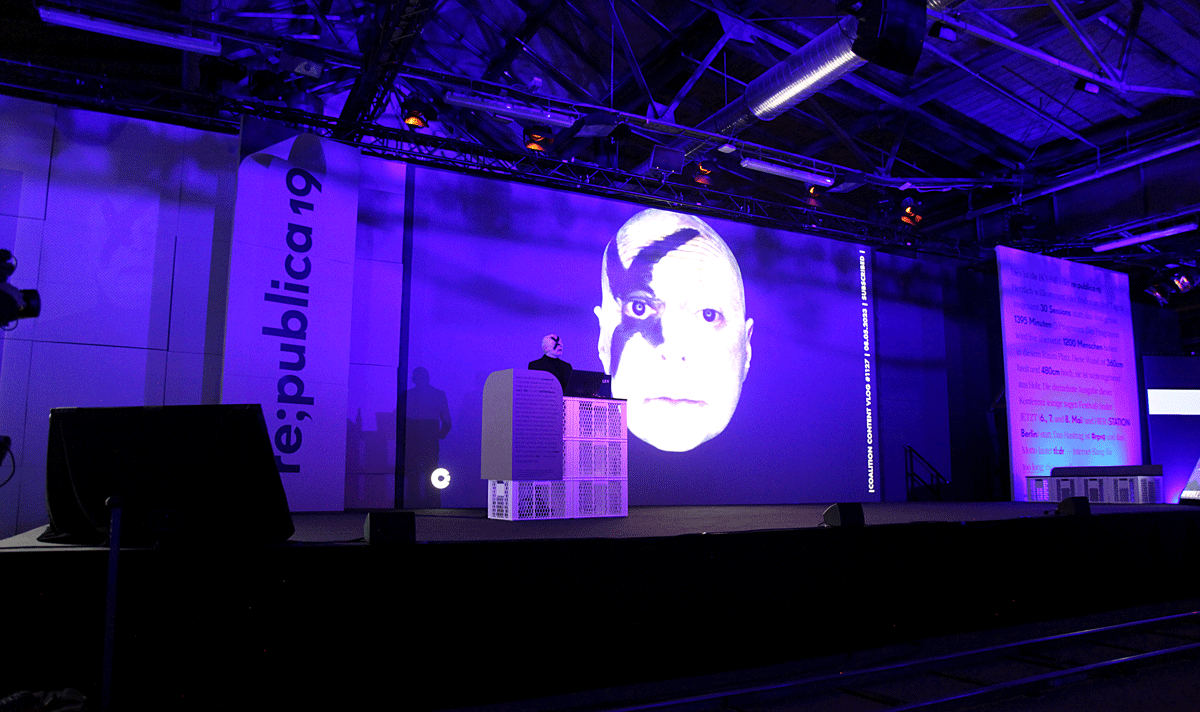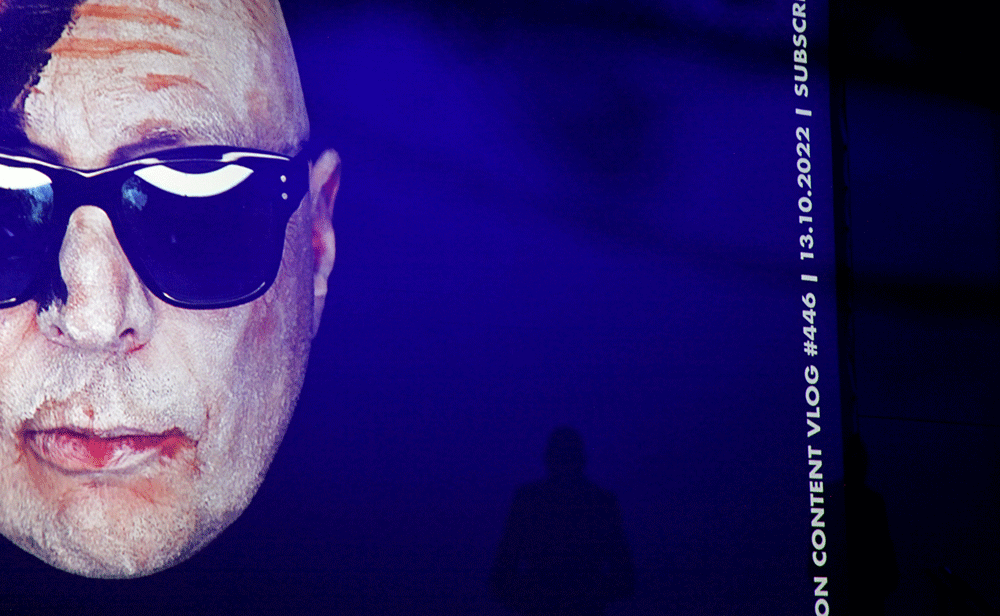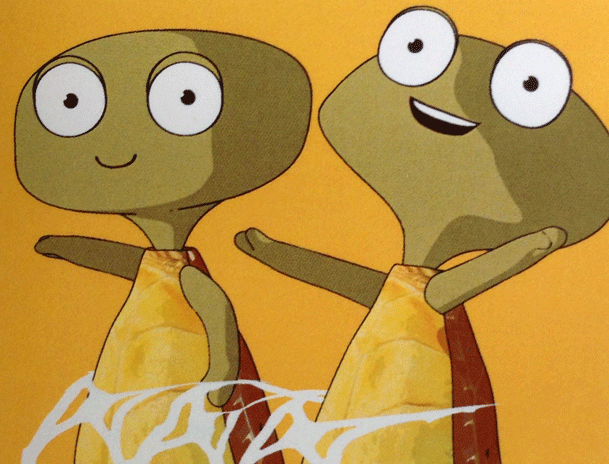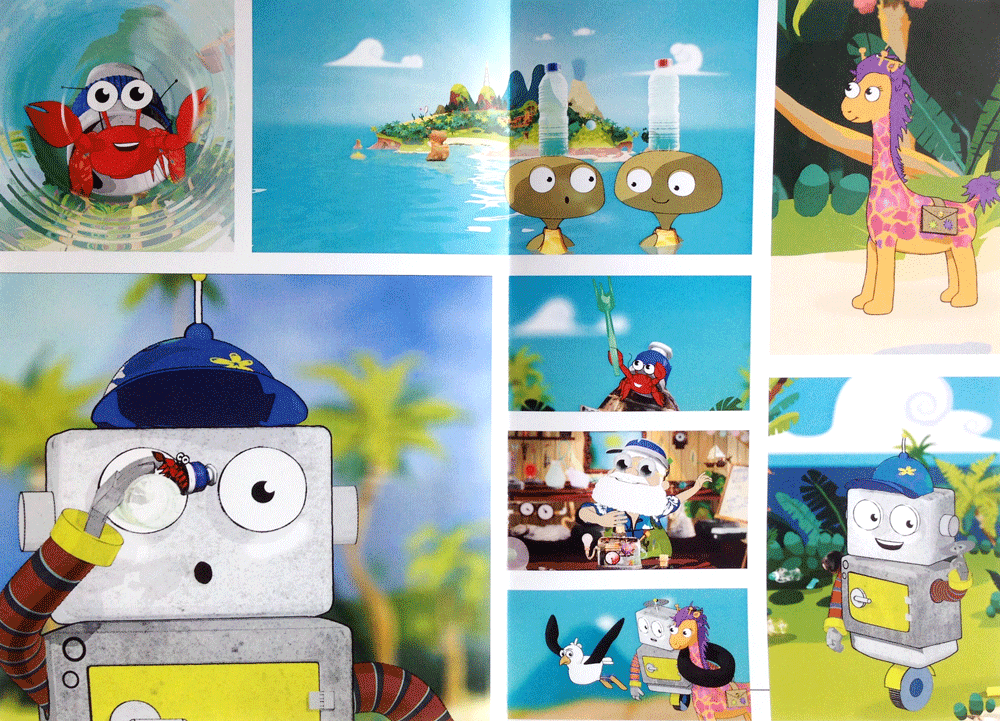Bournemouth music maker and creative Timo Peach releases a special one-off new piece, testifying to the strangeness of “the summer that would never come” to help raise support for Dorset Mind’s new Creative Minds campaign.
Momo has released a brand new tune in response to the Covid19 crisis, and the song, Pandemonstrate, attempts to both look back and forwards, to face some creative possibilities.
“This is such a moment in time to pause and reflect,” says writer and producer Mr Peach. “I am always wanging on about art testifying, but I suddenly realised around Easter that it hadn’t even occurred to me to look up from my own grand schemes and try to testify to this historic experience as an artist.”
A deliberately nostalgic-seeming slice of retrowave, Pandemonstrate sets a distinctly 1980s summery tone, but it’s feel-good vibes are a little bitter-sweet, reflecting the duality of a time of griefs and fears that has also glimpsed a possibly cleaner, healthier future. A duality that is likely to manifest in an increase mental health support need – just when budgets have dropped into the dark.
“As all of us are so mindful of our health workers and their challenges responding to the pandemic, it can be hard to know how best to demonstrate a response that feels meaningful enough. I’ve felt it. Living through this crisis is such a weird experience for everyone, in so many unequal, different ways, we’re all having to process a lot as we try to find support, find work, look after each other and watch some things helplessly” Timo says. “So I’m mindful of the next health challenge brewing seriously all around us – how we make sense of all this and find good mental wellness, looking to such an uncertain-seeming future.”
So he approached Dee Swinton at Dorset Mind, and long-time champion of their’s Dan Willis, to see if there was merit in using the song as a useful springboard to raising funds for the charity and awareness of the potentially significant extra emotional challenges facing society.
“With all my research into the human planet with my podcast Unsee The Future, exploring as I have been the components of crises that we’re currently facing, I’m mindful that we already had a global mental health pandemic” he says. “The coronavirus is really just a blacklight marker highlighting systemic problems not dealt with yet. So this is an incredible opportunity for us. If we’re willing to face it.”
Buy the brand new single Pandemonstrate by Momo:tempo now >
Art as an enabler
A big believer in the empowerment of facing big global problems as ordinary people, who might just feel helpless about such issues, Timo says he felt he had to make a piece of music that evoked the summers of 30 years ago.
“I turned 18 at the end of the summer of 1988. First year driving, the year I started making music, met the lovely first lady of Momo – many formative things go back to then for me,” he says, “but so do many of our problems around the world. The 1980s gave us the political paradigm we’re living in now” he suggests. A culture, he thinks, that has contributed to drying up bolder visions of tomorrow.
“We are way overdue to reawaken our imaginations and start writing new stories of us. It’s imperative now. This is my call to that. But as a music maker and a creative, I’m interested in how ordinary us lot can find empowering ways to engage with the complex story we find ourselves part of now, in such times of transition and change. I’m convinced that allowing ourselves to explore creativity and artistic responses to the worlds around us and within us can help us write whole new stories of us – but I think it starts by acknowledging it’s all pretty overwhelming.”
Pandemonstrate is out now on Bandcamp and all sales are going towards Dorset Mind’s Creative Minds campaign, which is aiming to raise £2,000 to help the team simply keep offering their support services.
DONATE TO THE CREATIVE MINDS CAMPAIGN >
WATCH THE LOCKDOWN VIDEO:
Don’t feel alone in trying to make sense of the pandemic and its effect on you. Explore the services of Dorset Mind >
Lingo: Empower the creative individual by getting over individualism >
Read the related blog post exploring a theme of Pandemonstrate.
